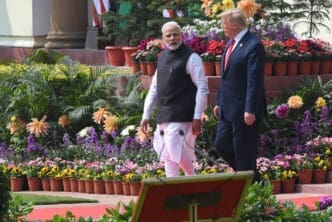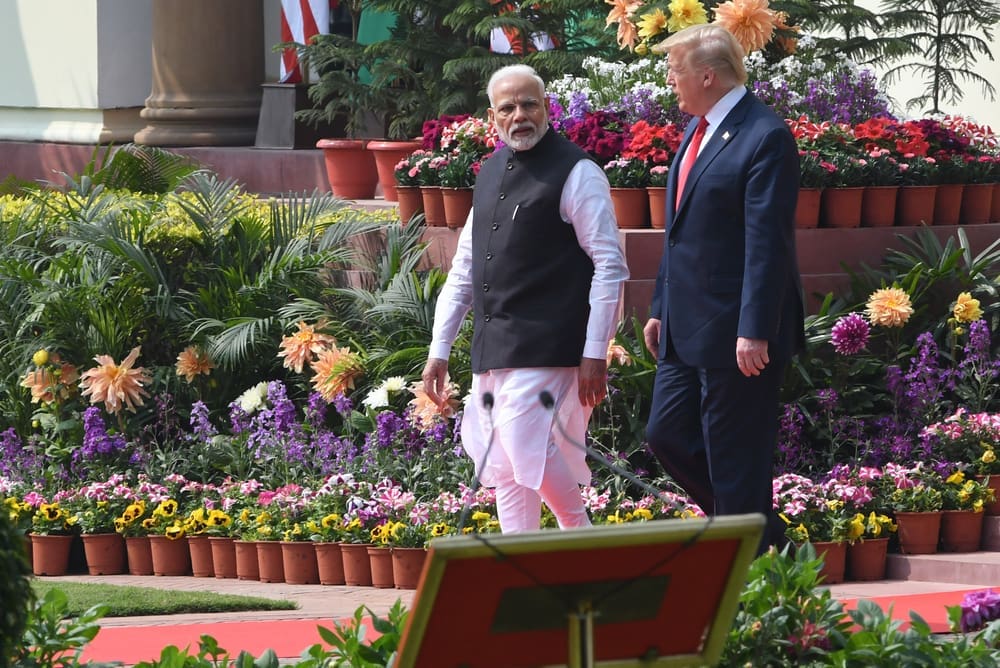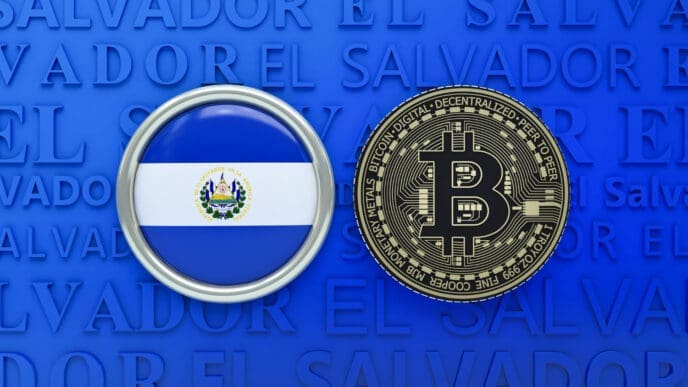In a recent turn of events, President Donald Trump has stirred diplomatic waters by proposing mediation in the long-standing Kashmir conflict between India and Pakistan. Known for his unconventional approach to diplomacy, Trump announced over social media that both nations, after several days of intense cross-border hostilities, have agreed to a “full and immediate ceasefire,” facilitated by the United States. He further expressed his willingness to assist in resolving the Kashmir issue, a point of contention since the 1947 partition which rendered both nations independent from British rule.
The Kashmir region has been a contentious topic, with both India and Pakistan claiming it in its entirety but only managing administration over parts of it. Despite numerous attempts at bilateral negotiations, a lasting resolution remains elusive. India steadfastly upholds Kashmir as an integral part of its territory, firmly opposing any external mediation.
Recent skirmishes were ignited following Indian air strikes on alleged terrorist hideouts within Pakistan’s borders, a move that followed a violent attack on tourists in Indian-administered Kashmir. The incident, which claimed 26 lives, predominantly tourists, has been attributed by India to Pakistani involvement, an accusation denied by Islamabad.
As tensions escalated, both sides engaged in military exchanges involving fighter jets, missiles, and drones, targeting each other’s installations along the border. The potential for this conflict to escalate into a broader war prompted intervention by US mediators, providing a temporary halt to hostilities. However, Trump’s offer for mediation places India in a challenging position, given its long-standing aversion to third-party involvement in the Kashmir dispute.
While India has been reticent about Trump’s proposal, Pakistan has expressed approval, viewing it as a supportive gesture toward resolving the Kashmir issue. The situation is further complicated by India’s revocation of the special status of Jammu and Kashmir in 2019, a move that intensified local protests and hardened India’s stance on the matter.
The Indian National Congress party has called for clarity from the government regarding the ceasefire announcements emanating from Washington, questioning whether diplomatic channels with Pakistan are being reopened. Furthermore, comments from US Secretary of State Marco Rubio, suggesting that India and Pakistan have agreed to broader discussions at a neutral venue, have added to the diplomatic surprise in Delhi.
Historically, India has rejected third-party mediation, citing the Simla Agreement of 1972, which emphasized bilateral negotiations. Indian officials remain skeptical, noting previous instances where Pakistan’s military undermined diplomatic agreements, as seen in the Kargil conflict of 1999.
Prime Minister Narendra Modi’s administration has yet to formally respond to the US offer but remains committed to a firm stance against terrorism. The Indian Foreign Minister has indicated that direct talks with Pakistan are unlikely to resume soon.
Conversely, Pakistani analysts argue for international intervention due to the absence of trust between the two nations. The Kashmir issue remains critical on the global stage, with fears that further escalation could spiral out of control.
India’s diplomatic strategy is further complicated by its strategic partnerships, particularly with the United States, which has cultivated ties with India to counter China’s growing influence. The US is a significant trade partner and supplier of military equipment to India, factors that Delhi must consider while navigating the current diplomatic milieu.
As India negotiates a trade deal with the US to avoid tariffs, it faces the challenge of balancing domestic expectations with international pressures, particularly concerning contentious issues like water-sharing treaties and the status of Kashmir. This diplomatic tightrope walk requires careful maneuvering to maintain favorable relations with both domestic and international stakeholders.














